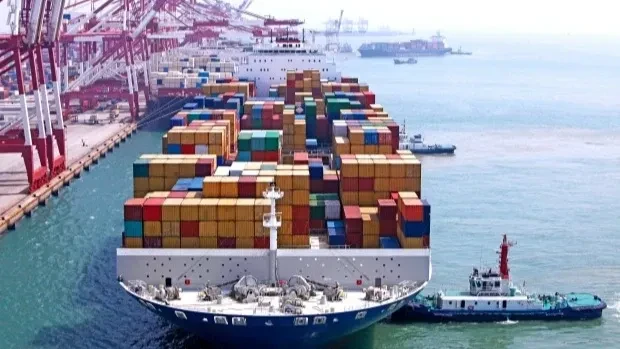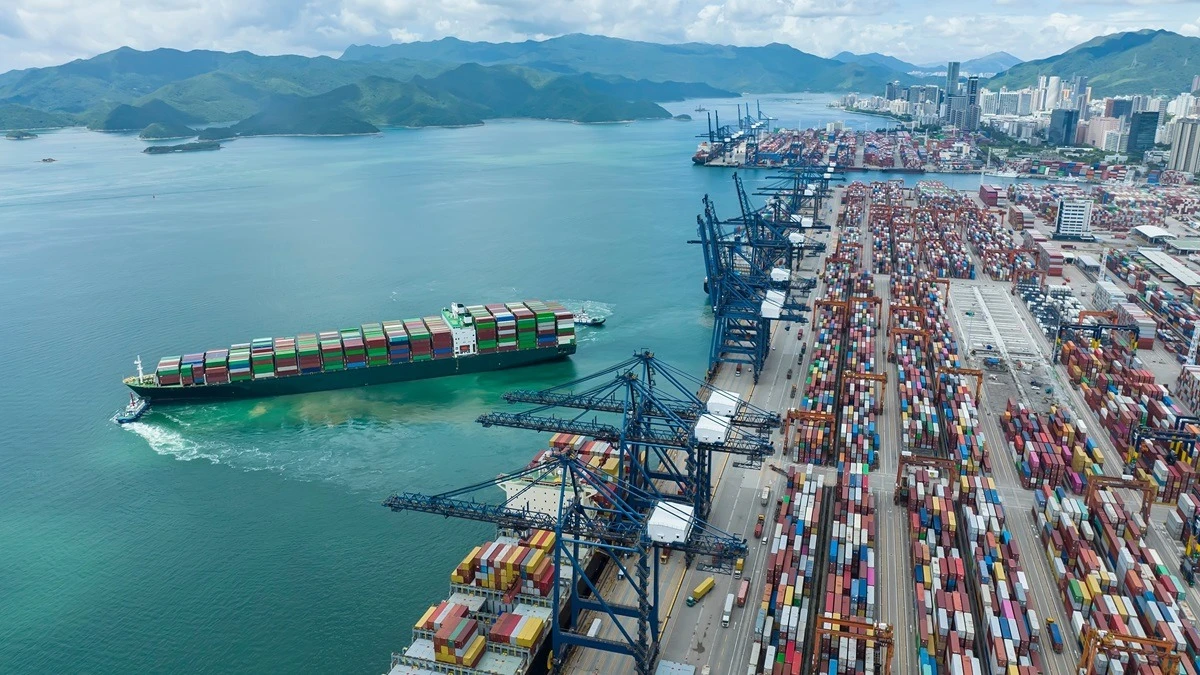Zanzibar ports milestones with private operators adds lessons

POLICY makers are at a fine moment with their erstwhile critics as a milestone was being celebrated at the start of the week, on the finding that the Zanzibar Ports Corporation (ZPC) monthly revenues now average 2bn/-, in the wake of strategic investments and management reforms. The state entity’s CEO said at a press briefing that from September 2023 to January 2025, the Zanzibar multipurpose terminal at Malindi, operated by a private firm, had generated a 29bn/- profit. To buttress the point the figure excludes contributions from similarly leased ports.
The point was the clear advantage in revenue collection arising from investment partnerships with Africa Global Logistics (AGL), the terminal project operator. There is already an example in Dar es Salaam with DP World port management system, which has in the past two months put paid to critics of its being engaged, more or less seeing it as the start of an apocalyptic future not just for revenue collections but stability as a while. Those are now past stories and critics have moved to other topics, but their overall stance in economic management remains intact, opposing reforms.
Even with the ambit of the briefing on the surge in revenue that comes after the Zanzibar government privatised port operations, the CEO wasted no time in taking note of what critics said at the time, that it would lead to financial instability. Even as the increase in earnings is disproving those concerns and showcasing the benefits of modernization and private sector involvement, the question is how far these lessons are applicable elsewhere. The two governments have so far managed to push reforms in port operations as investments are detachable and results are fairly quick to be noticed, while it is uncertain if this serves as a guide for parastatal restructuring, too.
Even as a single-window system by the Tanzania Revenue Authority (TRA) streamlines cargo clearance processes, benefiting businesses and reducing processing times, there is plenty of potential if such a system could be applied in seeking company shares on the Dar es Salaam Stock Exchange (DSE) and using such a format to clear any such transactions. Nor it is overly beside the point that fairly weak public entities need to be placed on DSE as tapping private investments can modernise their operations and create the thousands of jobs that the country particularly needs.
Anyone can imagine the potential of application of substantial technological leap that has been registered in the Zanzibar port operations system, with a $6.5m e-port system already yielding impressive returns. Suppose that same technological investment is made available in electricity, works, tourism and other areas, it would definitely stand a chance of making a big difference, on condition that private investors are invited either to take up chunks of total operations or obtain shares and revamp managements to suit the purpose. Both of these options are rejected by most conservatives, wishing that public sector agencies get those systems, though without managerial revamping tied up with private sector investments merely purchasing machinery begs questions.
That is why the lesson from Zanzibar isn’t that port investments work as with DPW, but that the economy as a whole needs a systematic reinventing with systematic private sector engagement.
Top Headlines
© 2025 IPPMEDIA.COM. ALL RIGHTS RESERVED

















